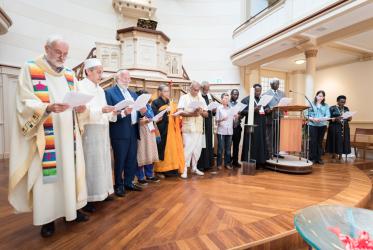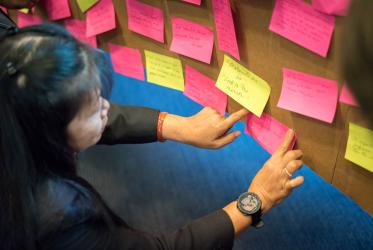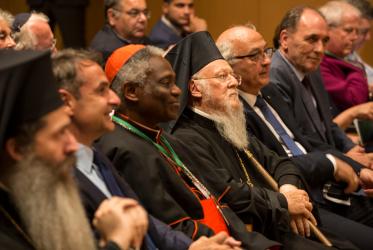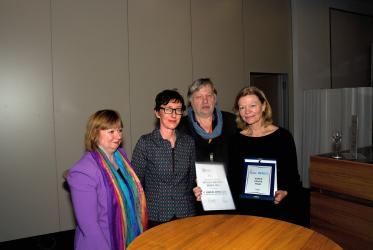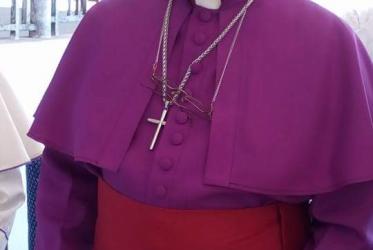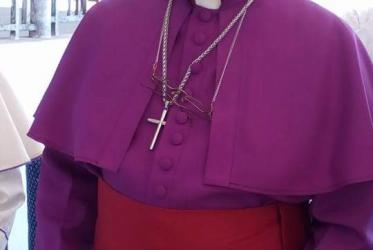Displaying 101 - 120 of 248
Working toward an AIDS-free generation
26 July 2018
Building bridges of faith in the HIV response
25 July 2018
Pope’s visit raises hopes for persecuted Christians
27 June 2018
Konrad Raiser shares ecumenical journey of transformation
06 February 2018
Christianity and human rights in multi-faith Nigeria
29 January 2018
Ecumenical Centre, Visser’t Hooft Hall (Main Hall)
Trying to do good for the world
18 December 2017
WCC moderator receives honorary doctorate from Norway university
15 December 2017



